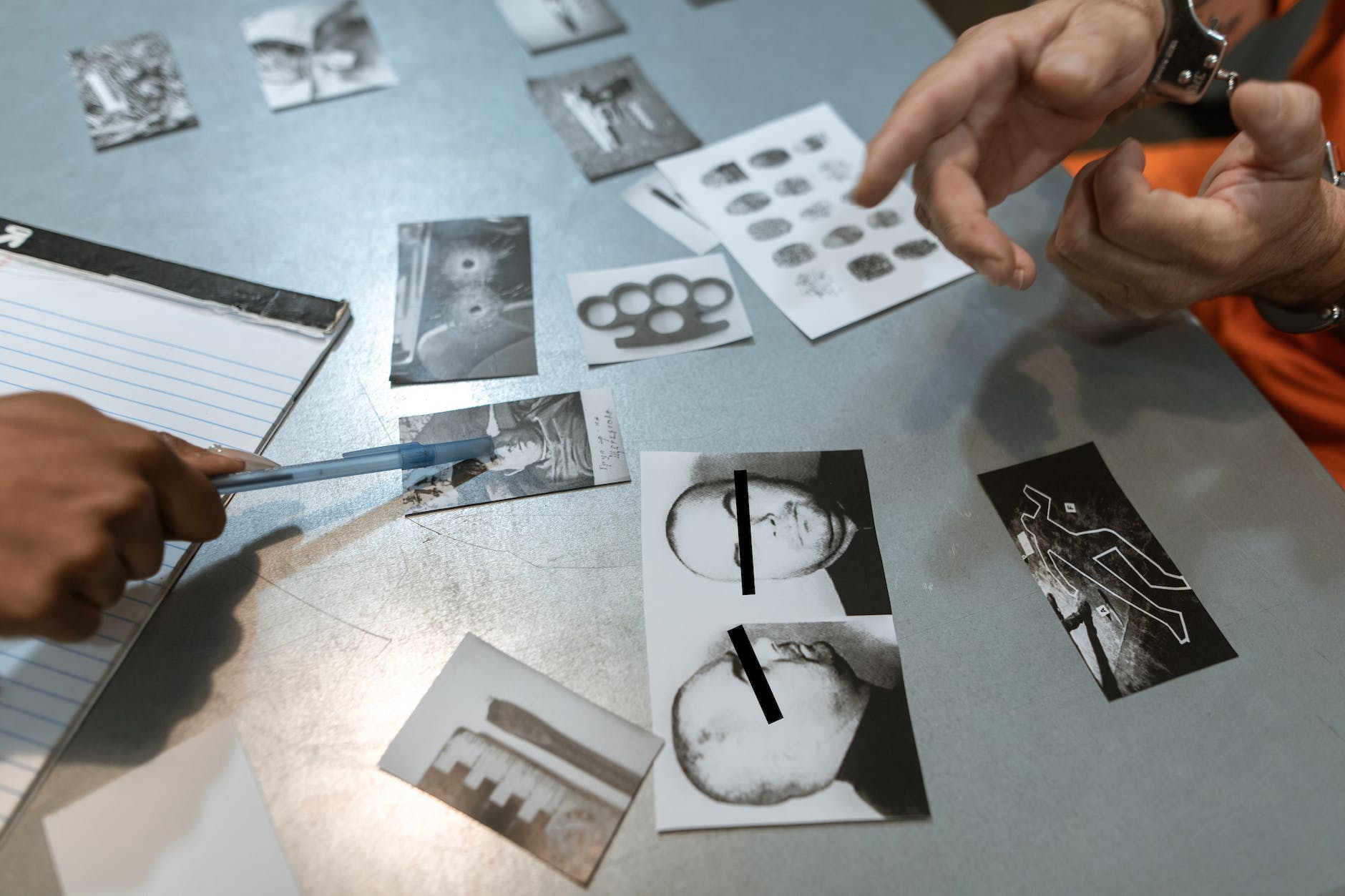
Criminal Investigations
Criminal profiling, a technique employed by law enforcement to identify behavioral patterns and characteristics of offenders, has undergone a fascinating evolution. From its early, often intuitive beginnings to the sophisticated methodologies of today, criminal profiling has become an integral aspect of modern criminal investigations.
Psychological Profiling Techniques
Psychological profiling involves analyzing crime scenes, victimology, and witness reports to construct a behavioral profile of an unknown perpetrator. Profilers delve into the mind of the offender, seeking to understand motives, triggers, and patterns. This analytical process incorporates elements of psychology, criminology, and sociology to create a comprehensive profile that aids investigators in narrowing down potential suspects.
The Role of Forensic Psychology in Criminal Profiling
Forensic psychology plays a crucial role in criminal profiling, providing insights into the intersection of human behavior and the legal system. Profilers often collaborate with forensic psychologists to understand the psychological underpinnings of criminal acts. This interdisciplinary approach enhances the accuracy and reliability of criminal profiles, contributing to more effective investigations.
Challenges and Criticisms of Criminal Profiling
While criminal profiling has proven valuable in numerous cases, it has faced its share of challenges and criticisms. Critics argue that profiling lacks scientific rigor and can be subjective, influenced by the profiler’s biases. Additionally, the portrayal of profiling in popular media sometimes creates unrealistic expectations, contributing to a public perception that profiling is an infallible science. Nevertheless, ongoing research and advancements in behavioral science aim to address these concerns and refine profiling methodologies.
The Evolution of Technology in Criminal Profiling
Advancements in technology have revolutionized criminal profiling, enabling investigators to incorporate data-driven approaches into their analyses. Big data, machine learning, and artificial intelligence have become integral tools in identifying patterns and correlations within vast amounts of information. This marriage of technology and criminal profiling enhances the investigative process, leading to more efficient and precise outcomes.
Real-World Applications
Criminal profiling has played a pivotal role in solving high-profile cases. Notable successes include the capture of the “Unabomber,” Ted Kaczynski, and the identification of the “BTK Killer,” Dennis Rader. Profilers provided key insights that helped law enforcement understand the mindset of these criminals, ultimately leading to their apprehension. These successes highlight the practical impact of criminal profiling in bringing perpetrators to justice.
The Ethical Considerations of Criminal Profiling
As with any investigative tool, criminal profiling raises ethical considerations. The potential for bias, invasion of privacy, and the risk of wrongfully accusing individuals require careful navigation. A criminal lawyer plays a vital role in ensuring that profiling methods adhere to legal standards and protect the rights of the accused. Ethical guidelines and legal oversight are crucial to maintaining the balance between effective law enforcement and safeguarding individual liberties.
Future Trends in Criminal Profiling
Looking ahead, the future of criminal profiling holds exciting possibilities. Continued collaboration between behavioral scientists, technologists, and criminal investigators promises to refine profiling techniques. The integration of neuroscientific research, improved data analytics, and a deeper understanding of the social determinants of crime may further enhance the accuracy and reliability of criminal profiles.
In conclusion, the evolution of criminal profiling from its fictional origins to a sophisticated investigative tool underscores the dynamic nature of criminal justice. As technology continues to advance and our understanding of human behavior deepens, criminal profiling remains a critical element in the pursuit of justice. It is a discipline that constantly adapts, seeking to unravel the psychology of crime while respecting the ethical principles that underpin the legal system. The collaboration between criminal profilers and legal experts, including the role of the criminal lawyer, ensures that profiling remains a powerful yet responsible instrument in the fight against crime.






